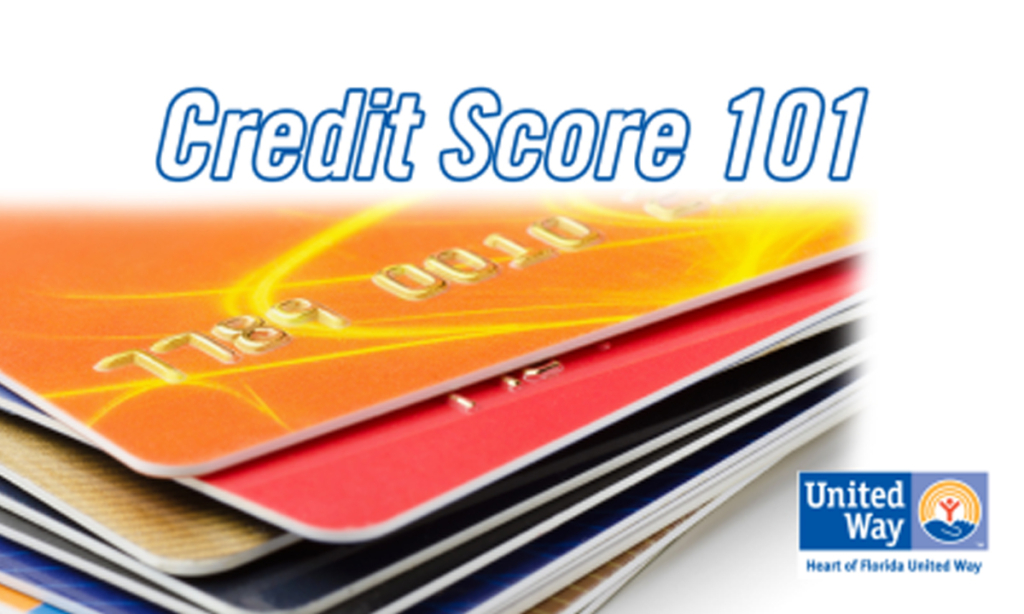If you’ve ever applied for a loan or financing, such as when buying a car, you’ve probably been asked about your credit score. However, according to a recent survey, the majority of Americans do not know their score or what a credit report is. Your credit report is an important source of information. By understanding what it is and how to maintain or improve it, you can save money in the long run.
What is a credit report?
A credit report is a biography of your credit use. Your report has a list of all debts you have taken on, from student loans to credit cards. If you’ve ever applied for a credit card, that will show up too. Inquiries others have made into your credit — such as a landlord or car dealer checking your background — will also be listed.
Despite what ads you may see advertising credit reports for a fee, your credit report is completely free for you to access once a year. To get your free credit report, visit AnnualCreditReport.com or call 877-322-8228.
When you get your report, check it over for any discrepancies or issues. You may find a credit card you did not open, a typo affecting your report or even evidence of identity theft. By getting your credit report, you can tackle these issues right away and get them removed from your credit report.
What is a credit score and how is it different from a credit report?
A credit score is a three digit number that is based on your credit report. The score lets lenders know your credit worthiness — that is, how likely you are to repay your debt on time. Scores range from 300 (the worst score) to 850 (the highest). The higher the score, the better off you will be. Individuals with strong credit scores — 750 or above — can get lower interest rates on loans. If you have a poor credit score, you may not be able to get a loan at all, which will limit your options when shopping for big items, like a car or a mortgage.
Several different factors affect your credit score. These include:
- Credit utilization: This is how much you use your credit cards. The lower your credit card balance, the better.
- On-time payments: This is how often you make your payments on time. The more on-time payments and fewer late payments, the better a candidate you are to lenders.
- Derogatory marks: This is the amount of major issues on your report. This can include bankruptcies, accounts sent to collections, or a tax lien against you.
Variety of accounts: This is the different types of credit you have. Lenders like to see you can carry debt responsibly, so having a range of credit — such as a credit card and a car loan — is actually beneficial to your score.
Your credit score is not part of your free credit report. To get an actual credit score, you will need to purchase it. Reputable sites include Experian, TransUnion and Equifax.
What if my score isn’t good?
Don’t panic. Your credit score isn’t set in stone and you can take steps to improve your score.
1. Be on time: Above all, make your payments on each account on time. Even if you can only afford to pay the minimum, it’s better to pay that amount for each account on time every month.
2. Apply for credit wisely: While credit card reward offers can be tempting, applying for several different cards will raise eyebrows for lenders. Only apply for cards you really need and if you will use it — and most importantly — will pay off it on time.
3. Minimize your overall debt: Pay down your debt to keep your credit utilization low and your credit score up. Pay a little extra each month to bring your debt down.
Now that you know about credit reports and credit scores, get to work! Use that information to improve your credit health. It will go a long way to help you save money and protect your financial future.
Heart of Florida United Way is focused on addressing the five major building blocks of financial stability in order to provide low-income working families the services and support necessary to succeed. For more information visit www.hfuw.org or if you are in need of assistance, call 2-1-1, our 24-hour Information and Assistance helpline.









